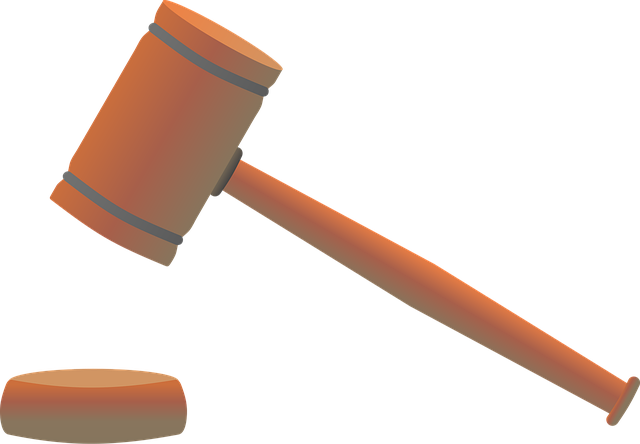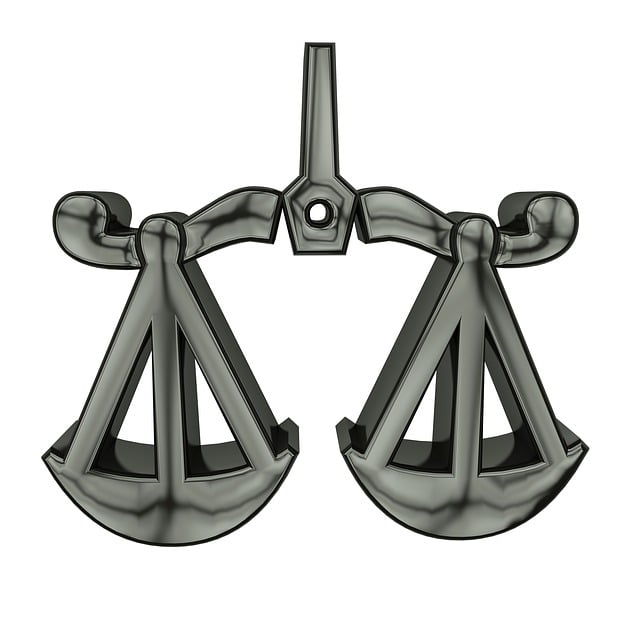Personal Injury claims, whether from accidents or medical malpractice, require understanding legal processes, gathering evidence, and negotiating with insurance companies. While DIY approaches can save costs, they necessitate legal knowledge and meticulousness. Self-representation is feasible for simple cases but complex scenarios, especially in healthcare, pose unique challenges. Engaging a lawyer enhances protection, increases favorable outcomes, and navigates potential pitfalls. For high-stakes cases, consulting legal professionals is advisable to ensure precise documentation and successful resolution through negotiations or alternative dispute resolution methods.
In the complex landscape of healthcare, personal injury claims can arise from medical malpractice, negligence, or accidental injuries. Understanding your rights and navigation legal processes is crucial, especially when considering filing a claim without legal representation. This article demystifies key aspects, including recognizing valid personal injury claims, navigating the legal process independently, and identifying common legal issues in healthcare-related cases. By mastering these steps, you can confidently proceed with or without an attorney.
- Understanding Personal Injury Claims: What You Need to Know
- Can You File a Personal Injury Claim Without Legal Representation?
- Common Legal Issues in Healthcare-Related Personal Injury Cases
- Navigating the Process: Steps to Filing a Successful Claim
Understanding Personal Injury Claims: What You Need to Know
Personal Injury claims can arise from various situations, such as car accidents, medical malpractice, or slips and falls. When navigating a personal injury claim without a lawyer, it’s crucial to understand the process and your rights. This involves gathering evidence, documenting injuries, and negotiating with insurance companies. Knowledge of local laws and regulations is essential to ensuring a fair settlement and avoiding potential pitfalls that could lead to an indictment for malicious claims.
Many individuals opt to handle personal injury claims independently to achieve extraordinary results in cost savings and control over the process. However, this approach requires meticulous attention to detail, thorough research, and a solid grasp of legal principles. Understanding when to pursue legal counsel can significantly impact the outcome of your claim, ensuring you receive appropriate compensation for your injuries and associated damages.
Can You File a Personal Injury Claim Without Legal Representation?
Filing a personal injury claim without legal representation is feasible, but it requires a thorough understanding of your rights and the legal system. Many individuals opt to represent themselves, especially in less complex cases or when dealing with smaller compensation amounts. Self-representation can be challenging due to the intricate nature of laws and regulations surrounding personal injury claims. However, it’s possible to navigate all stages of the investigative and enforcement process independently if you’re well-informed.
While it’s not uncommon for people to pursue these claims without a lawyer, high-stakes cases or those involving complex circumstances might benefit from professional legal guidance. Engaging a lawyer ensures your respective business interests are protected, increases the chances of a favorable outcome, and helps avoid potential pitfalls during negotiations or in court.
Common Legal Issues in Healthcare-Related Personal Injury Cases
Personal injury claims within the healthcare sector present a unique set of legal challenges. One of the most common issues is determining liability, especially when multiple parties are involved, including doctors, hospitals, and sometimes even patients themselves. Negligence lawsuits are prevalent, where individuals seek compensation for injuries sustained due to alleged medical malpractice. These cases often require careful navigation through complex medical records and expert testimony to establish a direct causal link between the defendant’s actions (or inactions) and the patient’s harm.
Another significant aspect is managing the process of evidence collection and preservation, which is crucial for building a solid case. Across the country, all stages of the investigative and enforcement process must adhere to stringent legal protocols. For those considering a personal injury claim without a lawyer, understanding these intricacies can be daunting. The potential for legal pitfalls and the need for precise documentation make it advisable to seek guidance from legal professionals experienced in handling healthcare-related litigation.
Navigating the Process: Steps to Filing a Successful Claim
Navigating the legal process for a personal injury claim can seem daunting, especially when considering filing without representation. However, with careful planning and understanding of the steps involved, it is possible to file a successful claim independently. Firstly, gather all necessary medical records and documents related to your injury. This includes hospital reports, doctor’s notes, and any prescribed treatments or medications. Organize these documents chronologically to provide a clear account of your healthcare journey.
Next, identify the respective business or entity responsible for your injury. Whether it’s a car accident involving another driver, a slip-and-fall incident on commercial property, or medical malpractice, pinpointing the liable party is crucial. If the case involves complex issues or significant damages, consulting with a general criminal defense attorney might be beneficial to understand your rights and options before proceeding pro se (without a lawyer). While jury trials are a possibility in personal injury cases, many can be resolved through negotiations or alternative dispute resolution methods.
While understanding healthcare legal issues is crucial, navigating a personal injury claim without a lawyer isn’t always advised. Many complex factors and potential pitfalls exist in healthcare-related cases. If you’ve considered filing a claim independently, be sure to thoroughly research each step and understand your rights and responsibilities. If possible, consult with an attorney experienced in personal injury law to ensure the best outcome for your unique situation.






